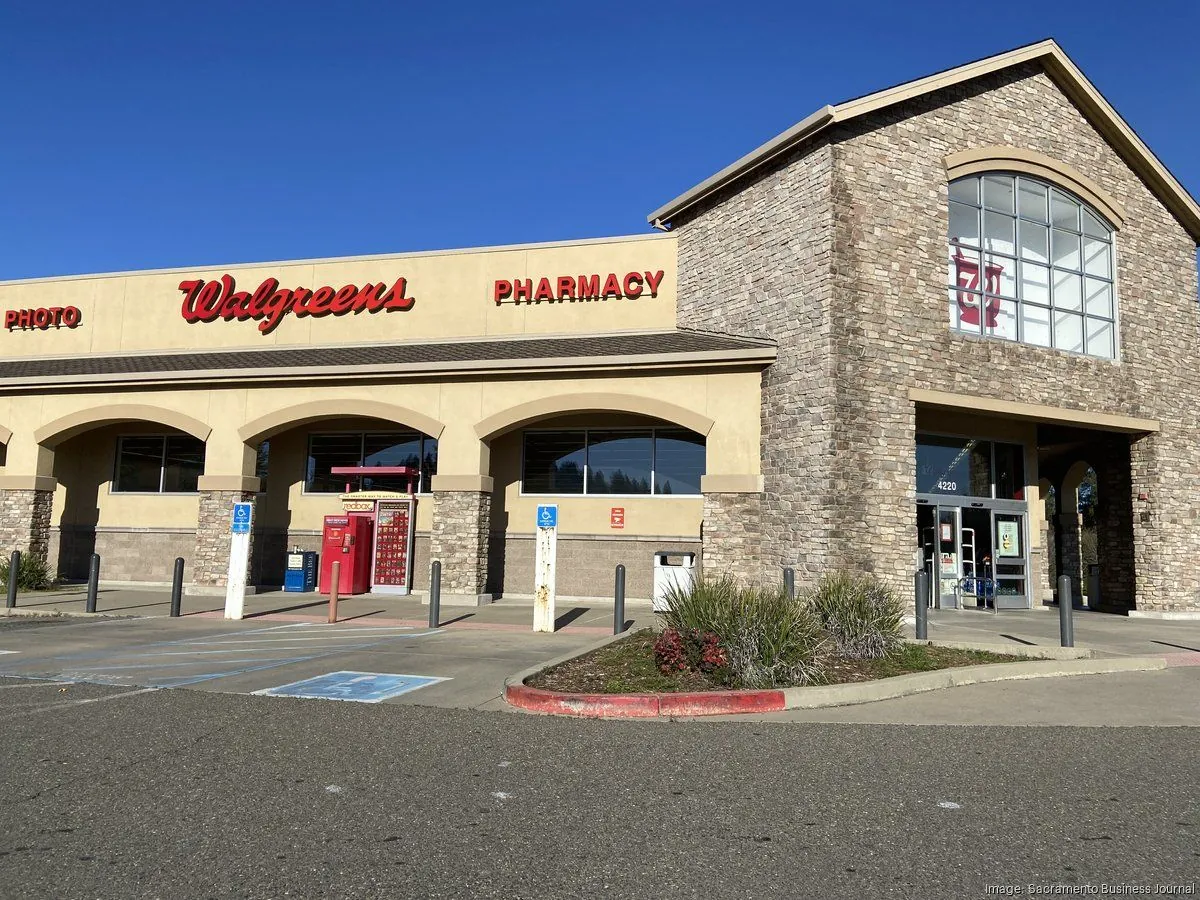Walgreens Boots Alliance, the second-largest pharmacy chain in the United States, has reached a settlement with the U.S. Department of Justice over allegations of fraudulent billing practices. The company, founded in 1901 and headquartered in Deerfield, Illinois, has agreed to pay $106.8 million to resolve charges related to prescriptions that were never dispensed to patients.
The settlement addresses claims that Walgreens violated the False Claims Act between 2009 and 2020. During this period, the company allegedly submitted payment claims to Medicare, Medicaid, and other healthcare programs for prescriptions that were processed but never picked up by patients. This resulted in the pharmacy chain receiving substantial sums for medications that were not provided to customers.
In response to the allegations, Walgreens has not admitted liability. The company attributes the issue to a software error, stating that it inadvertently billed government healthcare programs for a small number of prescriptions that patients submitted but did not collect. Walgreens has since corrected the error, reported the issue to the government, and voluntarily refunded all overpayments.
The settlement resolves three whistleblower lawsuits filed in Florida, New Mexico, and Texas. Two former Walgreens employees who brought the cases forward will receive portions of the settlement. Steven Turck, a former pharmacy manager, will receive $14.92 million, while Andrew Bustos, a former district pharmacy supervisor, will be awarded $1.62 million.
The Department of Justice acknowledged Walgreens' cooperation and the significant steps taken to upgrade its in-house pharmacy management system. These measures aim to prevent similar billing issues from occurring in the future. The company has already refunded $66.3 million for the settled claims, which has been credited towards the total settlement amount.
"Due to a software error, we inadvertently billed some government health care programs for a relatively small number of prescriptions our patients submitted but never picked up. We corrected the error, reported the issue to the government and voluntarily refunded all overpayments."
This settlement comes at a time when Walgreens is undergoing significant changes. In June 2024, the company announced plans to close a substantial number of underperforming stores over the next few years. This decision reflects the evolving landscape of the retail pharmacy industry, which has faced challenges from online competitors and changing consumer behaviors.
Throughout its history, Walgreens has been an innovator in the pharmacy sector. The company introduced self-service stores in the 1950s, opened its first drive-thru pharmacy in 1992, and launched a mobile app in 2010. Walgreens has also been at the forefront of healthcare services, being one of the first drugstore chains to offer flu shots in all its pharmacies.
As Walgreens moves forward from this settlement, the company will likely focus on strengthening its compliance measures and adapting to the changing healthcare landscape. With its long-standing presence in the American market and its position as a component of the Dow Jones Industrial Average since 2018, Walgreens remains a significant player in the pharmaceutical retail sector.
